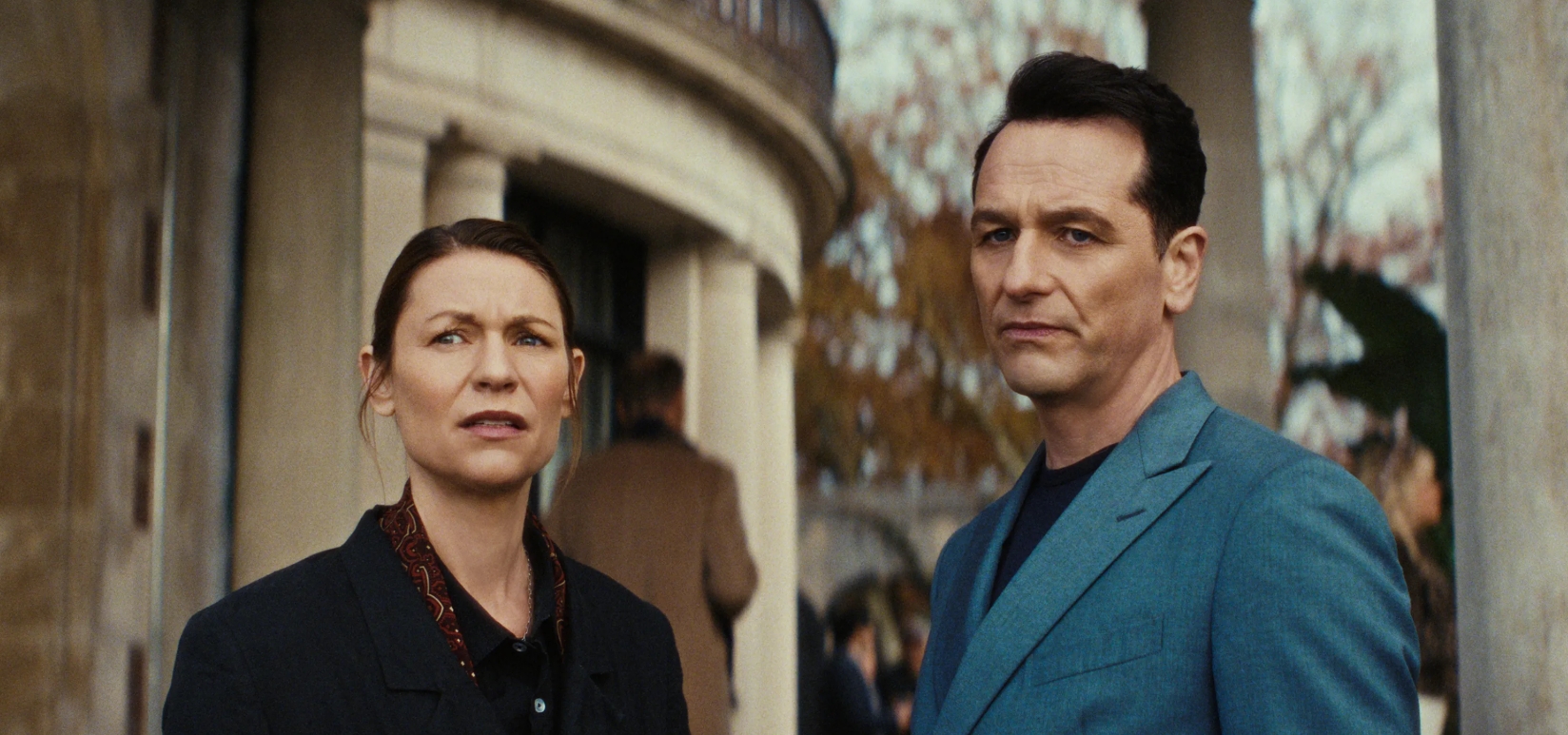In a major change for the fashion sector, it has been declared by Anna Wintour that she will withdraw from her position as the editor-in-chief of US Vogue. This choice signifies the conclusion of an epoch for the renowned magazine, which she has led for over thirty years. Wintour has greatly impacted fashion, media, and culture, establishing her as one of the most prominent personalities in the field.
Wintour’s time at Vogue has been marked by her exceptional ability to spot talent and spot trends, as well as her talent to influence the story of fashion globally. With her guidance, the publication has both established editorial benchmarks and transformed into a cultural benchmark, mirroring and impacting societal views on fashion, beauty, and lifestyle. Her distinct look, highlighted by her iconic bob hairstyle and sunglasses, symbolizes her power within the field.
The choice to withdraw arises as Wintour contemplates the evolving nature of fashion journalism and the growing significance of digital platforms. The emergence of social media and internet-based channels has reshaped the way fashion is accessed and interacted with, urging established magazines to adjust to a swiftly changing landscape. Wintour’s acceptance of these transformations indicates an understanding of the necessity for new viewpoints in a field that depends on creativity.
Over her professional journey, Wintour has been recognized for advocating various voices and viewpoints in the fashion world. She has persistently promoted inclusivity, not only within the pages of the magazine but also throughout the larger fashion sector. Her initiatives to highlight new designers and support talent that often goes unnoticed have contributed to transforming the fashion story, making it more reachable for a broader public.
As Wintour gets ready to leave her position, there is considerable discussion regarding the impact this will have on Vogue and the direction of fashion journalism. The publication has been seen as the benchmark in fashion media for a long time, and her exit prompts inquiries about who will take her place and how they will maintain Vogue’s tradition while meeting the expectations of a contemporary readership.
In the past few years, Wintour has significantly contributed to several projects outside of Vogue’s publications. Her participation in gatherings like the Met Gala and her advocacy for philanthropic activities have reinforced her position as a major influencer in both the fashion world and charitable efforts. As she reduces her direct involvement, there’s intrigue surrounding her upcoming ventures and the potential impact she may still have on the industry in different roles.
Wintour’s impact extends beyond the magazine itself; she has influenced countless designers, models, and industry professionals. Many attribute their success to her mentorship and guidance, which have been instrumental in launching their careers. This legacy of nurturing talent is likely to continue, even as she transitions away from her editorial role.
While details about her successor remain under wraps, industry insiders are eager to see who will take the helm at Vogue. The new editor-in-chief will face the challenge of maintaining the magazine’s esteemed reputation while also innovating to meet the expectations of a new generation of readers. This balancing act will be crucial in determining the future direction of Vogue in a competitive media landscape.
In summary, Anna Wintour’s choice to resign as the editor-in-chief of US Vogue signifies a significant milestone in the history of fashion. Her impact on the magazine and the broader fashion world has been indisputable, influencing trends and establishing benchmarks for quality. As Vogue embarks on a fresh phase, Wintour’s leadership legacy will surely persist, steering the magazine as it adapts to the evolving world of fashion. This shift signals not only a change in leadership but also a chance for expansion and renewal within a constantly shifting environment.


